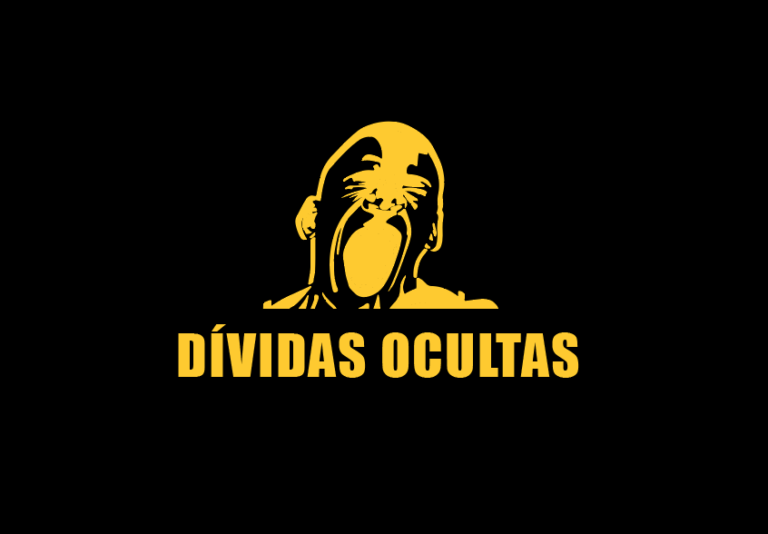
Since the discovery of hidden debts, the Center for Public Integrity (CIP) has been engaged in promoting advocacy campaigns with citizens and public entities so that there is accountability of those involved and so that the Mozambican State does not pay debts that benefited a restricted group of individuals.
After the arrest of Manuel Chang in South Africa, Jean Boustani in the Dominican Republic, Detelina Subeva, Surjan Singh and Andrew Pearse and the disclosure of the respective charges, the IPC launched a public campaign called I Don't Pay Hidden Debts. In this campaign, CIP produced t-shirts and distributed to citizens who were willing to record videos and share on social networks, as a way to amplify their voice against the payment of debts.
Likewise, CIP was part of the Civil Society group, led by the Budget Monitoring Forum which, in 2017, submitted to the Constitutional Council the Declaration of unconstitutionality for the integration of Ematum's debt into the 2015 State General Account. of 2019, another petition, regarding the debts of Proínducus and MAM, was submitted to the CC with the same intention.
Also within the scope of the campaign on "hidden" debts, the CIP organized, on March 15, 2019, a Seminar for reflection and sharing of experiences around this subject, with the participation and valuable contributions of international and national experts, stakeholders from public power, academia, political parties with seats in the AR and extra-parliamentary, civil society, and the general public.
The main objective of the seminar was to understand how, in the face of international financial speculators, allied with local political elites, other countries in the world managed to resist the temptation of public indebtedness, as well as what measures countries that have gone through the same problem that Mozambique had/is to pass they left that crossroads. Likewise, he discussed the existing mechanisms, so that, within the framework of the proven illegality committed, not only by Mozambican leaders, but also by the top managers of creditor banks, Mozambicans do not pay the debt and it is declared odious, as well as reflected on how Mozambique can avoid a repetition of situations like these in the future.
Subsequently, the CIP produced this publication, which presents in detail the interventions of the three speakers, namely: Matthias Goldmann, Jurist and professor at Goethe University Frankfurt; Roberto Tibana, Senior Economist and Consultant at Analítica-RJT; and Tirivangani Mutazu, Senior Policy and Debt Management Analyst at AFRODAD.

